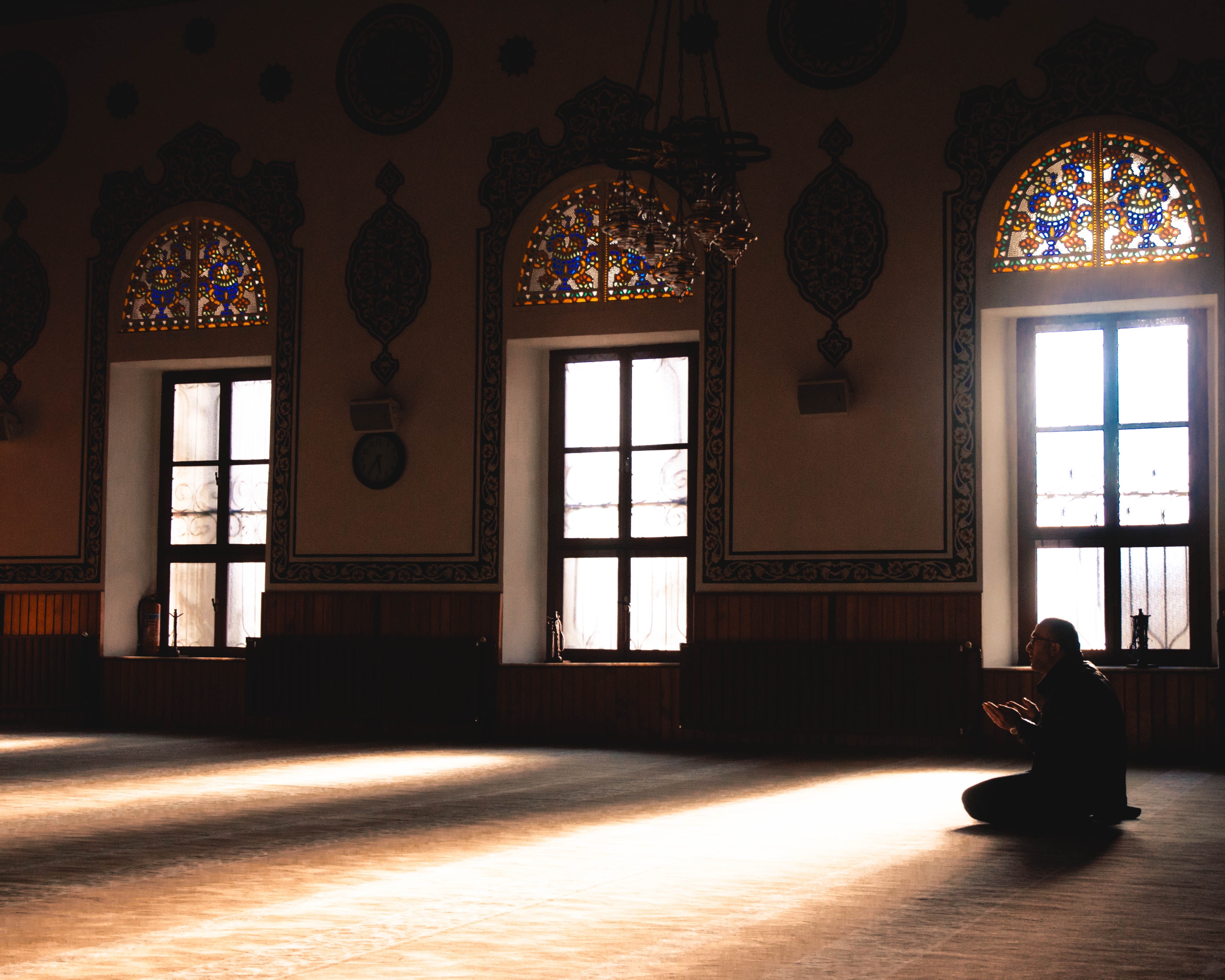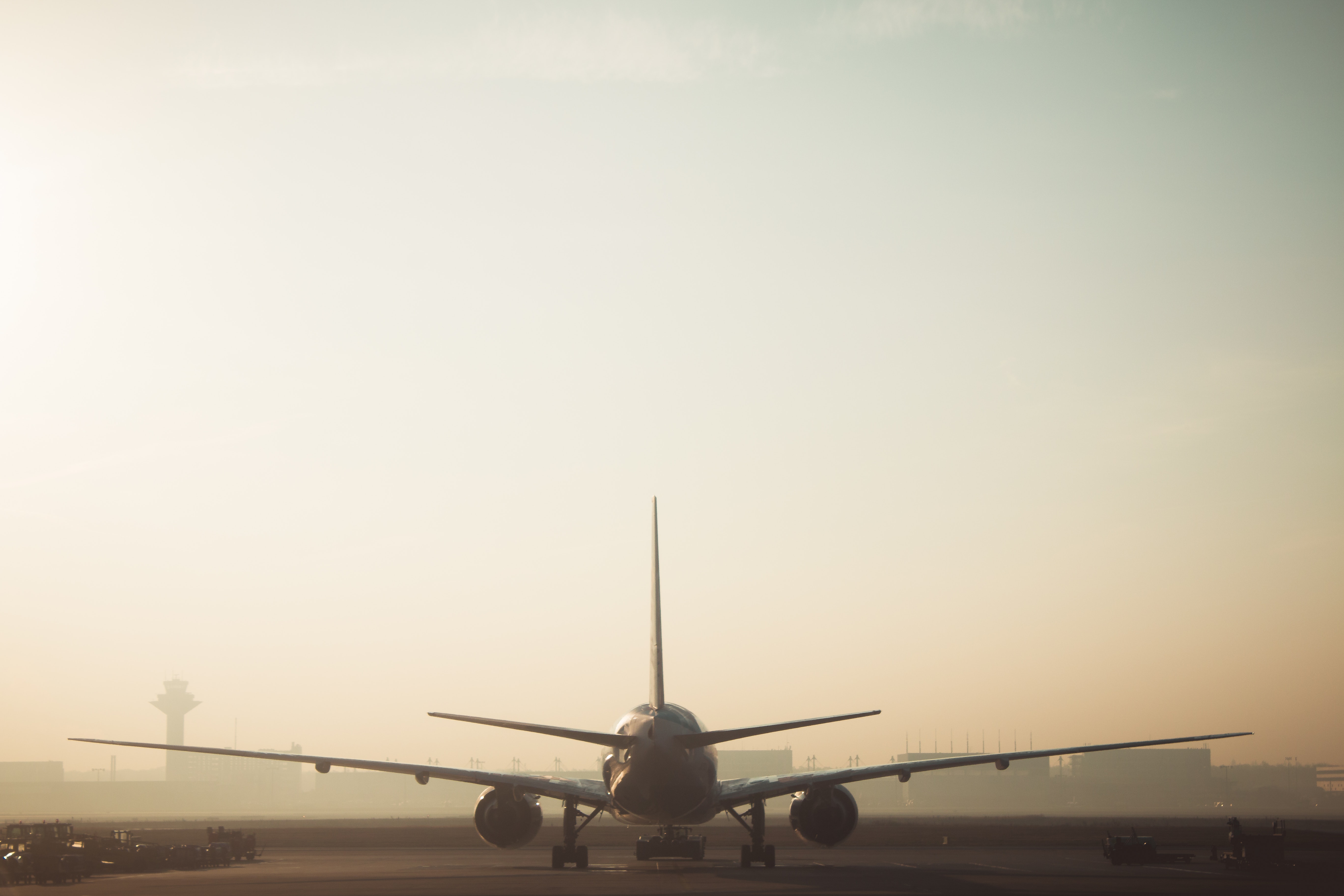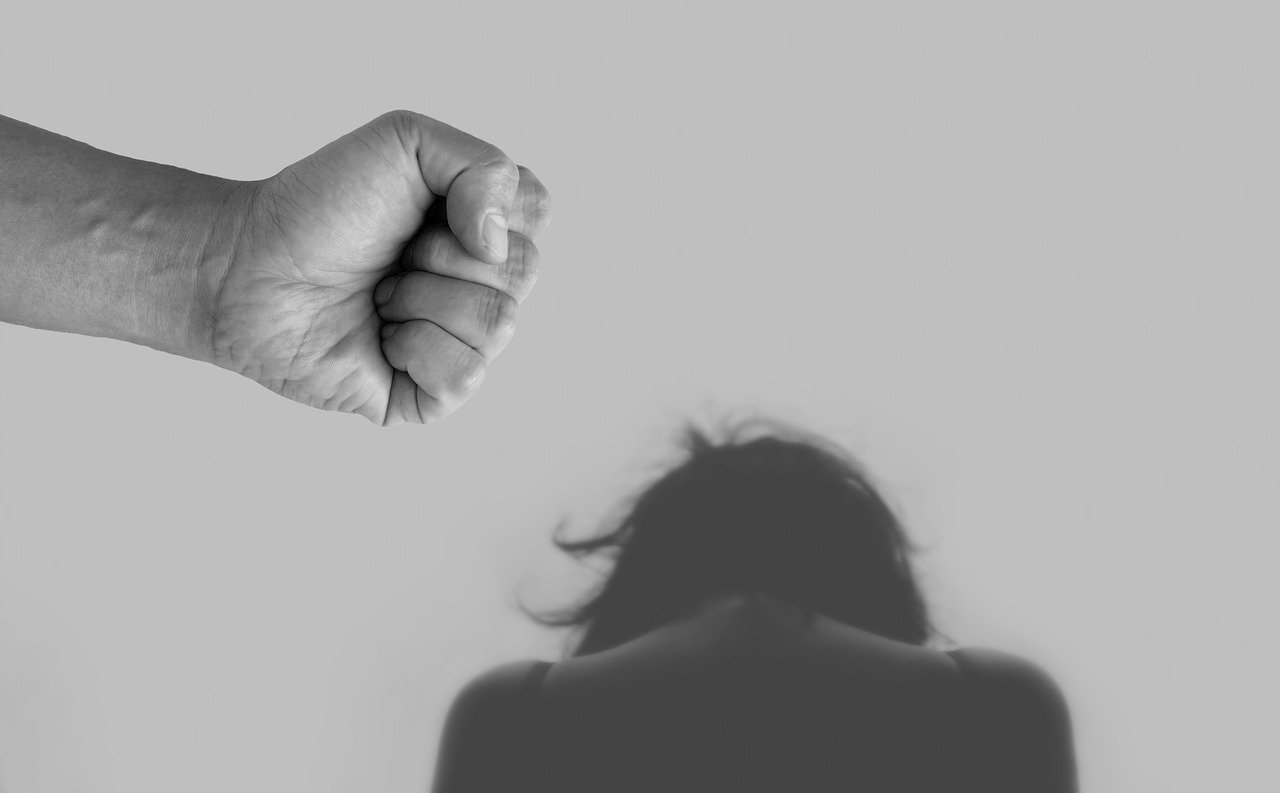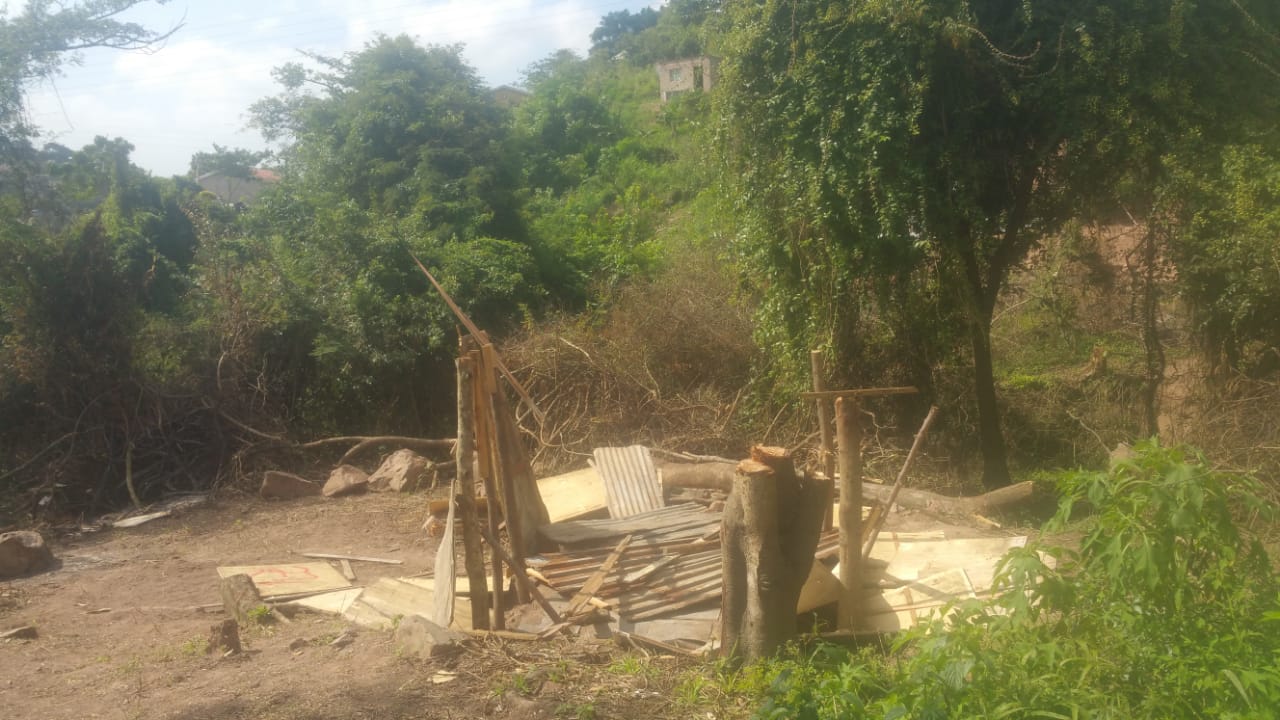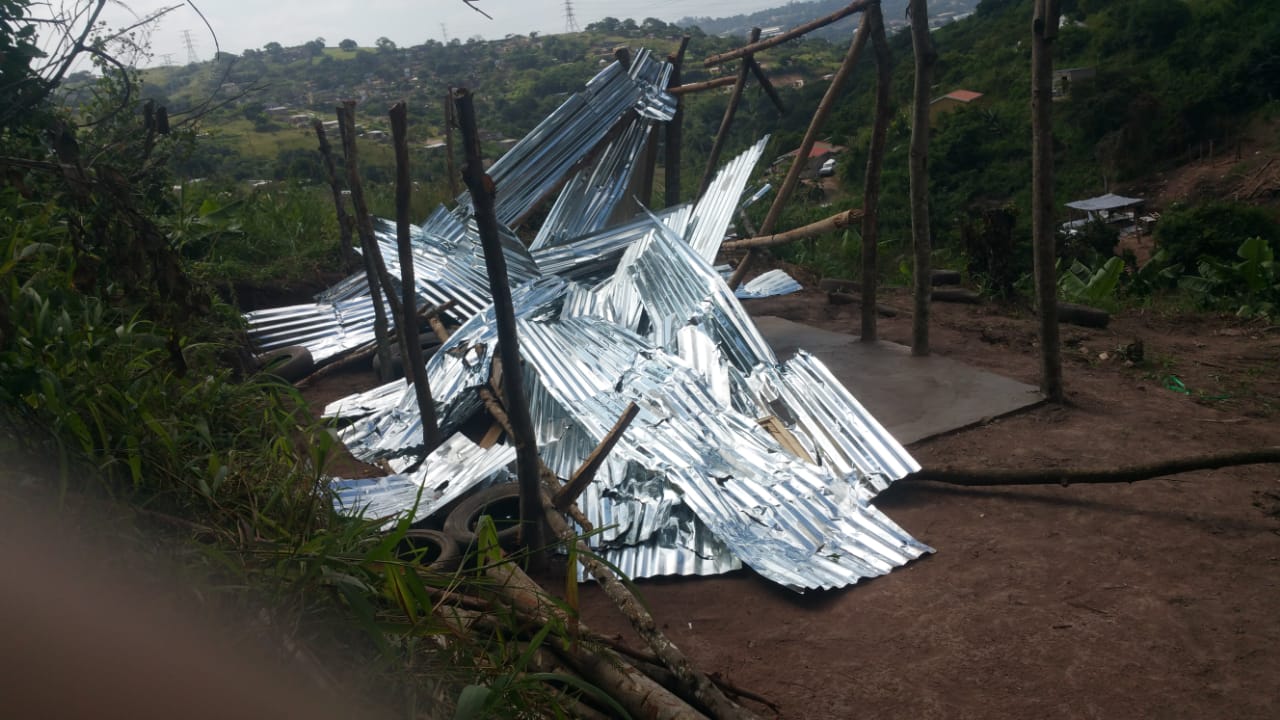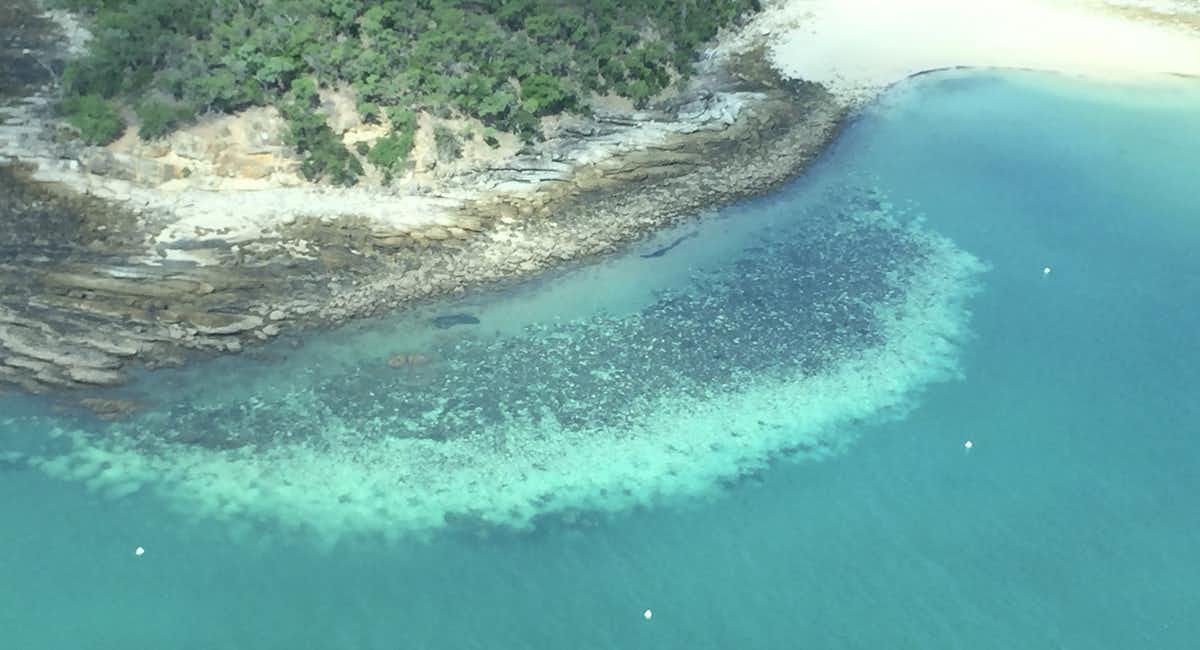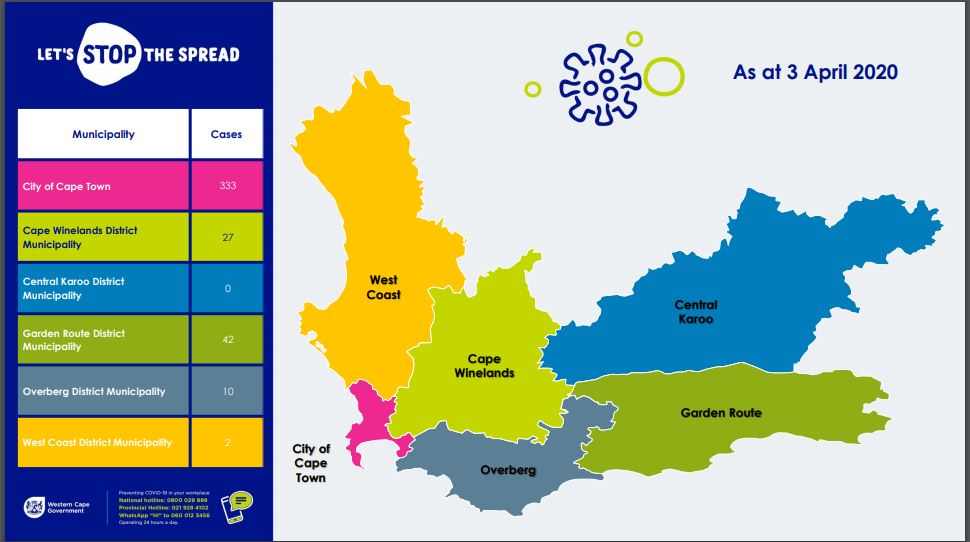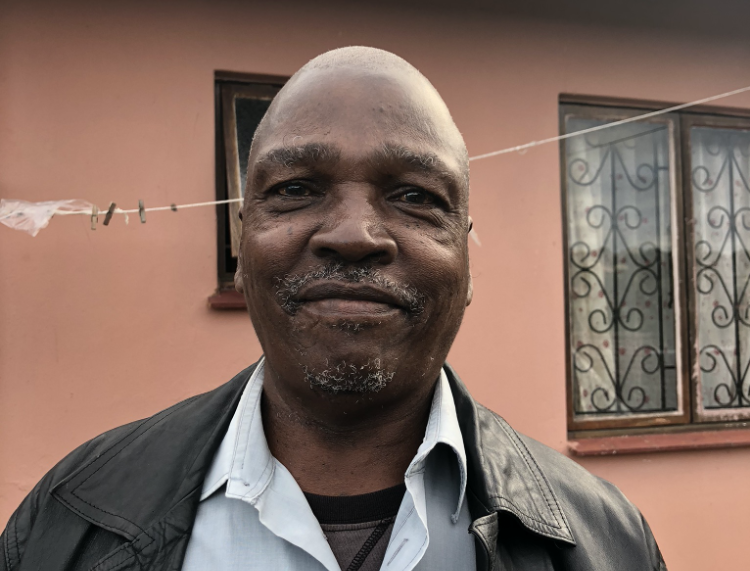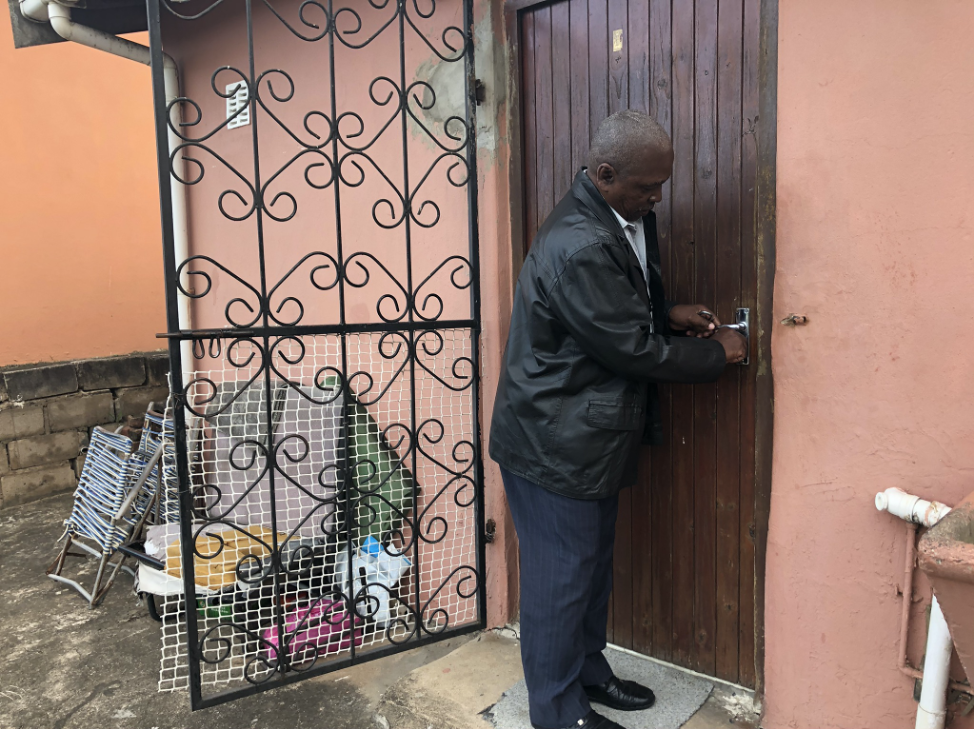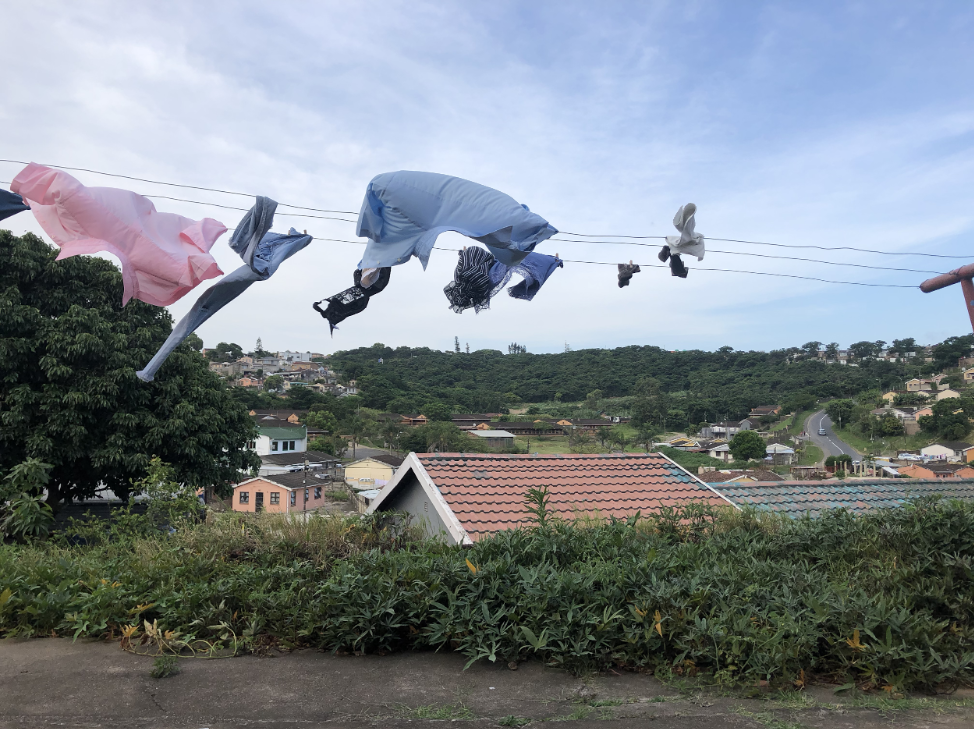By Ainsley Ash
MAIN IMAGE: Due to coronavirus restrictions, Muslims are celebrating Ramadan a little differently this year. SOURCE: Ali Arapoğlu on Pexels
Across the world, the coronavirus pandemic is changing the way that millions of people are marking Ramadan.
The holy month is a time when Muslims traditionally focus on prayer, spiritual rejuvenation, charity, and time spent with loved ones. In the midst of the coronavirus pandemic, however, this year’s Islamic holy month looks very different for the world’s 1.6 billion Muslims.
Worshippers typically gather to celebrate each evening with friends and family, to break the fast that is observed during daylight hours throughout the month, but coronavirus lockdowns imposed by governments across the world are making it impossible for many to join together in person.
In Saudi Arabia, mosques in Mecca and Medina, two of Islam’s most holy sites, are closed throughout the month.
“It pains me to welcome the glorious month of Ramadan under circumstances that forbid us of prayers in Mosques and of performing the Ramadan prayers,” King Salman said, according to the official Saudi Press Agency.
Indonesia, the country with the world’s largest Muslim population, banned all forms of travel on April 24, the first day of Ramadan, CNN reports. The night before, thousands of worshippers gathered in Aceh, one of the more conservative provinces in the country, and defied social distancing guidelines, Aljazeera reports.
In Pakistan, mosques are allowed to stay open, so long as they follow public health guidelines that religious leaders and the Pakistani government have both agreed upon, Dawn reports. This compromise comes after many worshippers had defied more stringent restrictions.
“We knew that people will definitely go to the mosques even after the government stops them by force. We did not want to send police to the mosques to impose a ban on congregational prayers and for arrests,” Prime Minister Imran Khan told reporters.
Technology is helping worshippers to find ways to maintain traditions.
In the United Arab Emirates, the General Authority of Islamic Affairs has launched a smart interactive platform with teachings from the Quran and special activities “to encourage the public to be committed to social distancing and stay at home”, Gulf News reports.
According to the Middle East Eye, authorities in Kuwait have altered the call to prayer to include “pray in your homes” instead of the regular “come to pray”.
Since lockdown began, many mosques have begun holding prayers and services online. “There’s only so much you can listen to on YouTube but having a live connection with your imam and local scholars through Mixlr, GoMeet or Zoom, is a great way of keeping spirits high,” Imran Choudhury, a British mosque volunteer told The Guardian.




